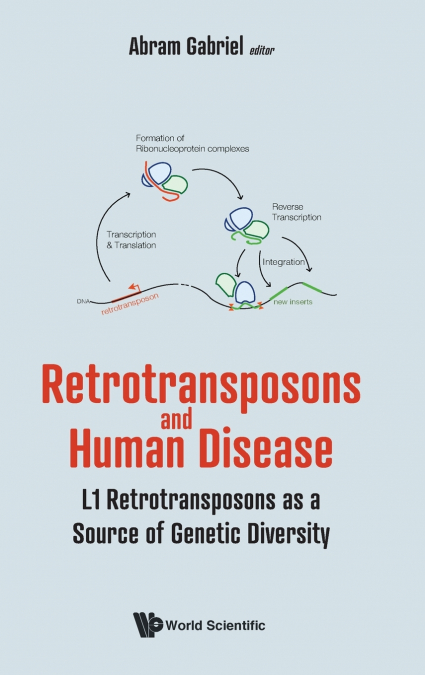
 Donde los libros
Donde los libros
 Librería 7artes
Librería 7artes
 Librería Elías (Asturias)
Librería Elías (Asturias)
 Librería Kolima (Madrid)
Librería Kolima (Madrid)
 Librería Proteo (Málaga)
Librería Proteo (Málaga)
Thirty years ago we knew that retrotransposons made up at least half of our genomes, but little about their role in biology. The human genome has since been sequenced and the position of all retrotransposons in the reference sequence has been determined. However, as of today, the function of retrotransposons still remains elusive. We know much more about the diseases associated with their movement and the host defenses we all have against them.This volume explores an array of diseases in humans associated with L1 retrotransposon movement within the human genome, including some cancers such as colon cancer and neuropsychiatric disorders such as schizophrenia.The chapters explore the diversity of retrotransposons, their different biological mechanisms, the role of L1 in their movement, and their contribution to human diseases. This book posits that somatic events caused by retrotransposons have implications for mosaicism and are often associated with cancers. Germline events are common, occur quite early in development, and are a cause of single gene diseases. All in all, the authors implicate L1 retrotransposons as major sources of human diversity and advocate for their continued study.